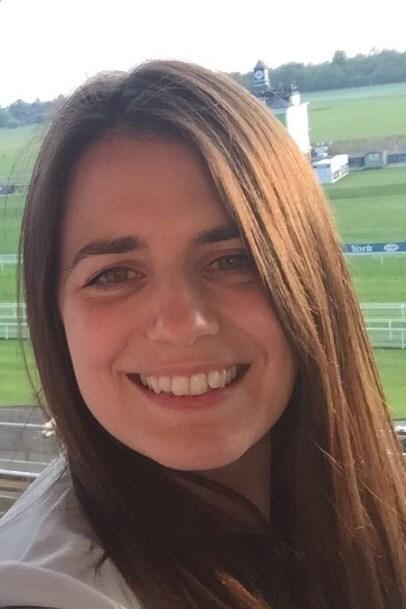Spotlight on... Sustainability and recycling

If you work in a non-clinical environment, it’s office waste that you see most often, so it’s not surprising that staff are on WeShare are asking “why are we so terrible at recycling?” We do have lots more to do to reduce and recycle waste. It is true that office paper is one of the areas we need to improve on, but we do currently recycle all of our confidential paper waste and from this process, we generate over 300 tonnes of recycled paper, annually. The best way to avoid paper waste is to go paperless wherever possible.
Office waste paper and other recyclables are collected as part of our general mixed waste - this is currently a relatively simple process. As we gear up to tendering for a new waste contract, the estates and facilities sustainability team, of which Neil and myself are part, will be seeking further funding to support the infrastructure required to collect recyclable items separately. This change will require us to buy thousands of new bins, find suitable spaces for them, train staff across trust estate and implement new working practices for cleaning and portering staff. We are up for the challenge; and we want to do it as much as you do. Please bear with us.
I wonder if you were aware that we also separate and bale over 230 tonnes of cardboard per year. You can help in recycling more cardboard by flattening all cardboard boxes and placing them beside, not into, blue waste wheelie carts, at your nearest waste collection point, to await collection by portering staff. The cardboard at four of our hospital sites is baled (which means crushed) on site. At Mile End Hospital, the London Borough of Tower Hamlets provides purple recycling carts at the site for staff to place their cardboard and paper into.
Dedicated facilities for recycling empty plastic drink bottles and metal cans are provided via our “reverse vending” machine at the St Bartholomew’s Hospital site, inside the KGV building, on the lower ground floor, to the side of the Costa coffee island. This machine sorts, separates and crushes empty metal cans and plastic bottles, helping us to recycle these single use disposable items. This innovation accredited us with a Green Apple Award in 2014.
We were also the first Trust in the UK to develop the renal revending machine, allowing renal staff to crush and help recycle all their empty 5-litre virgin plastic bottles generated from patients’ renal dialysis, at Whipps Cross and Newham’s renal units. Between the two sites, the staff using these two machines have helped us recycle nearly 15 tonnes of virgin high-density polyethylene plastic per year.
In Whipps Cross hospital’s restaurant, ours will be the first NHS Trust to use a new state-of-the-art reverse vending machine that will work with the Government’s UK-wide “returns deposit scheme”, proposed for introduction in 2020. This will allow all users to recycle their empty plastic bottles and metal cans, and receive money back for each bottle or can deposited. Watch this space!
Have any of you heard of the Recomed PVC recycling scheme? Well, we are a part of it. We signed up to be a participating Trust last year, and with the help and support of keen and enthusiastic anaesthetists, theatre staff now capture, separate and deposit used PVC oxygen masks and tubing in theatre recovery areas at Whipps Cross’ Plane Tree theatres and Newham’s main theatres. We are looking to expand this recycling initiative at both the Royal London and St Bartholomew’s Hospital theatre recovery areas, too. The captured PVC masks and tubing are then collected from our hospitals and the PVC is melted down and reconstituted into black tree ties to be used in the horticultural industry. This is a small, but effective reuse of PVC plastic, supporting a circular economy.
Has your department got any innovative solutions to dealing with our waste? The Eye Treatment Centre at Whipps Cross Hospital has a creative way of reusing their theatre wraps. Could this inspire your team to think differently about reducing the environmental impact of your work? Let me know.
If you have questions about how to minimise waste disposal or reuse different types of waste, contact us.
Lindsey Jarrett, sustainability co-ordinator
